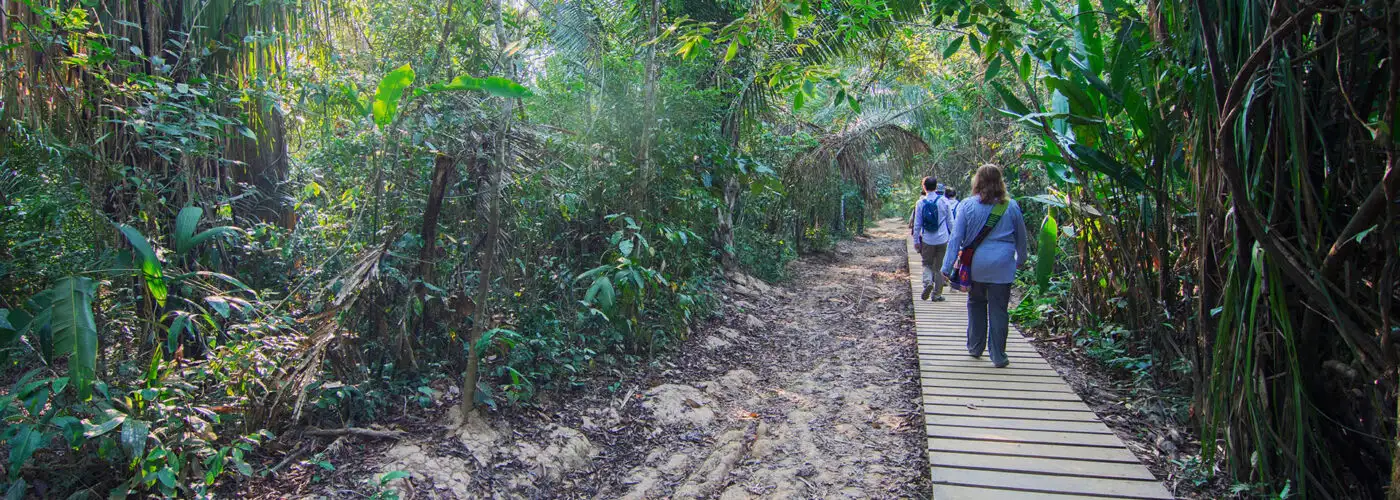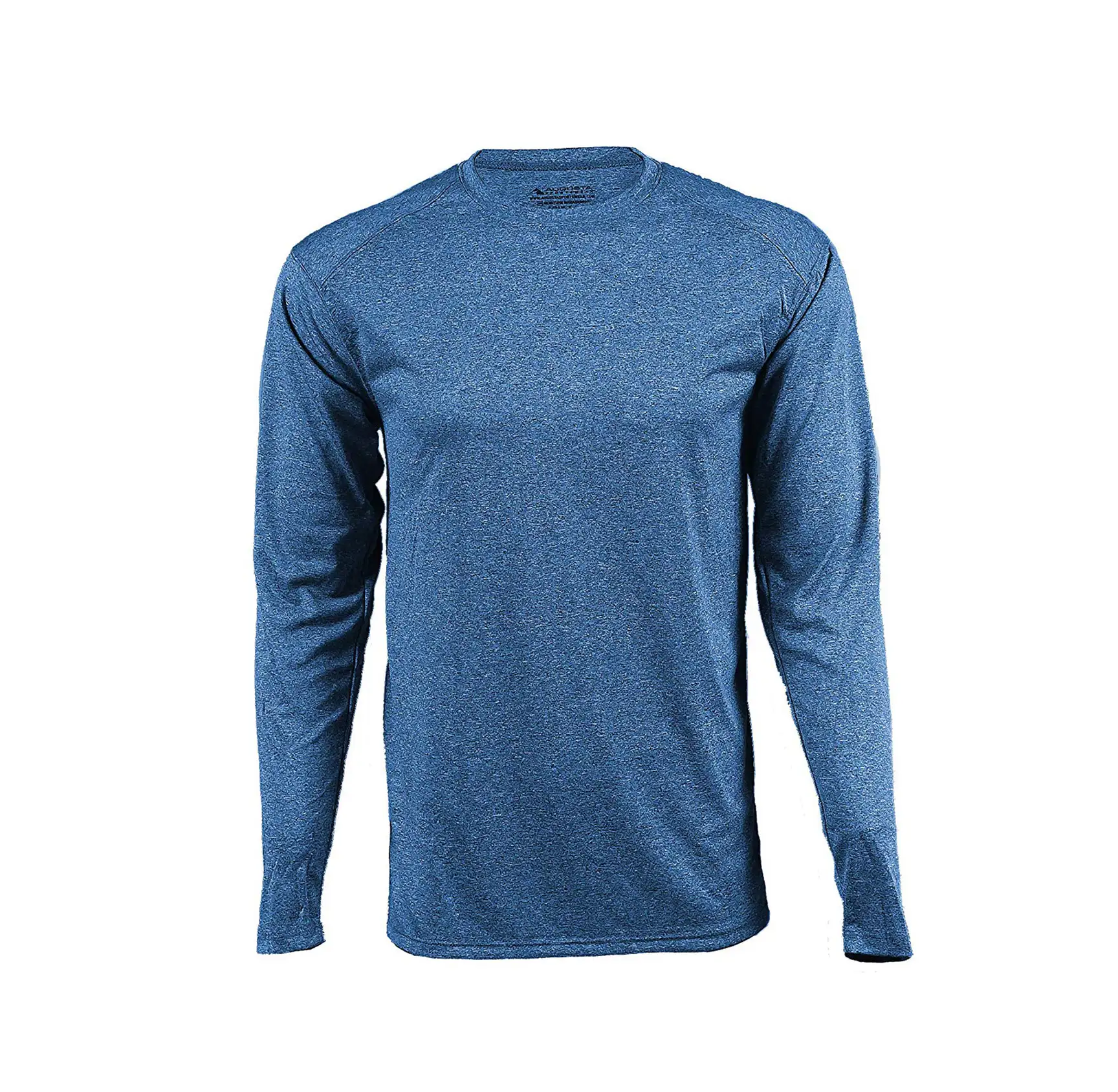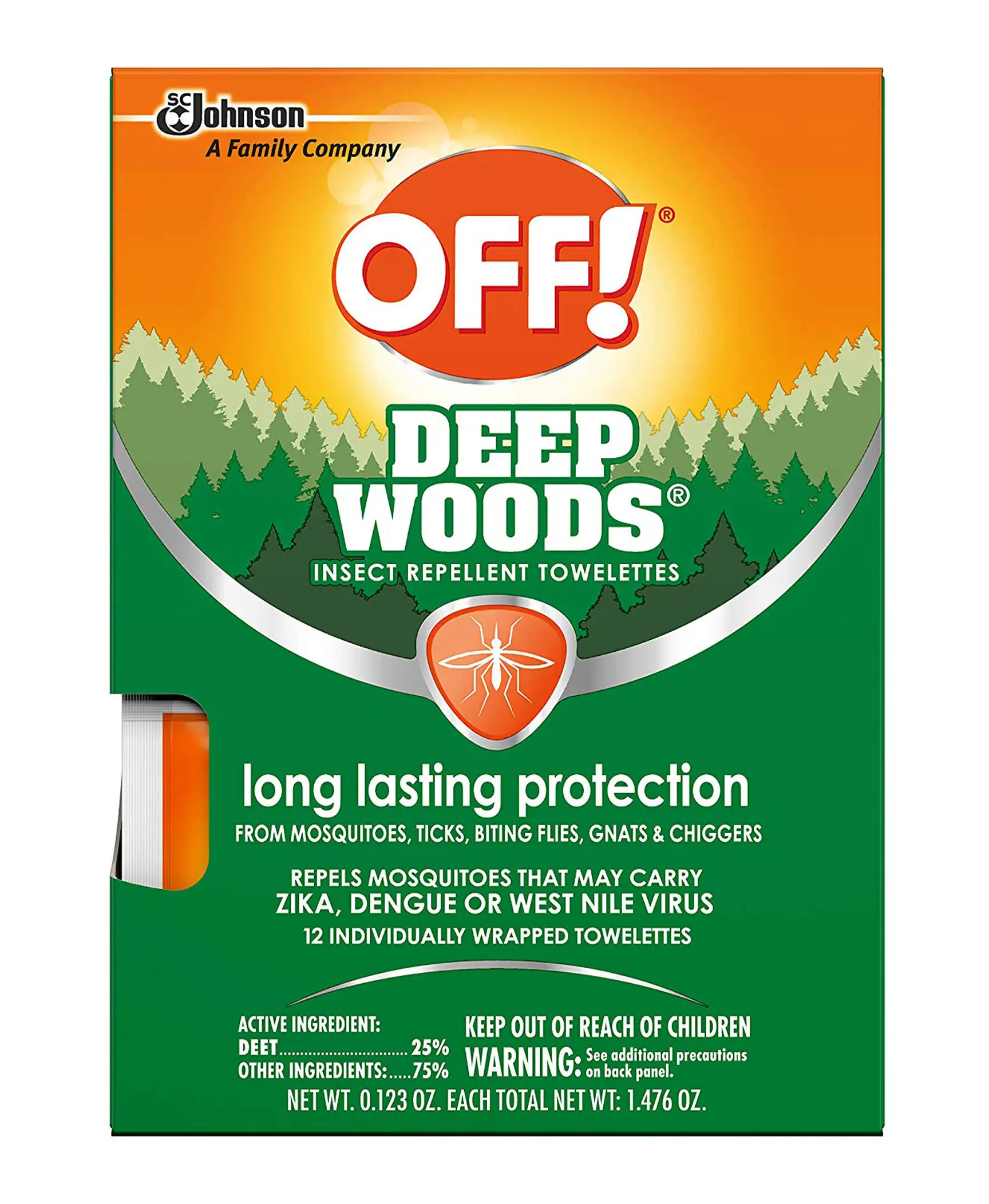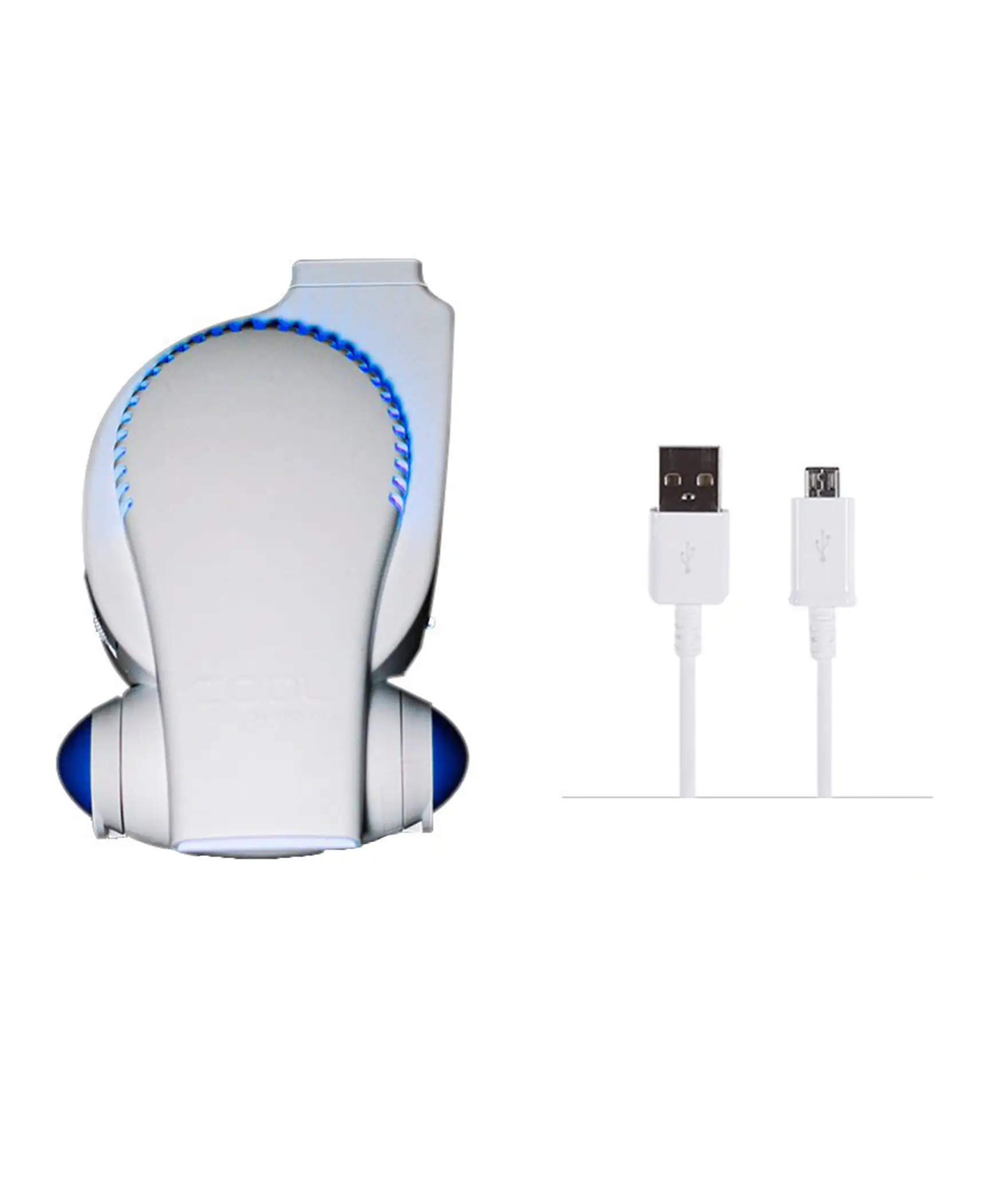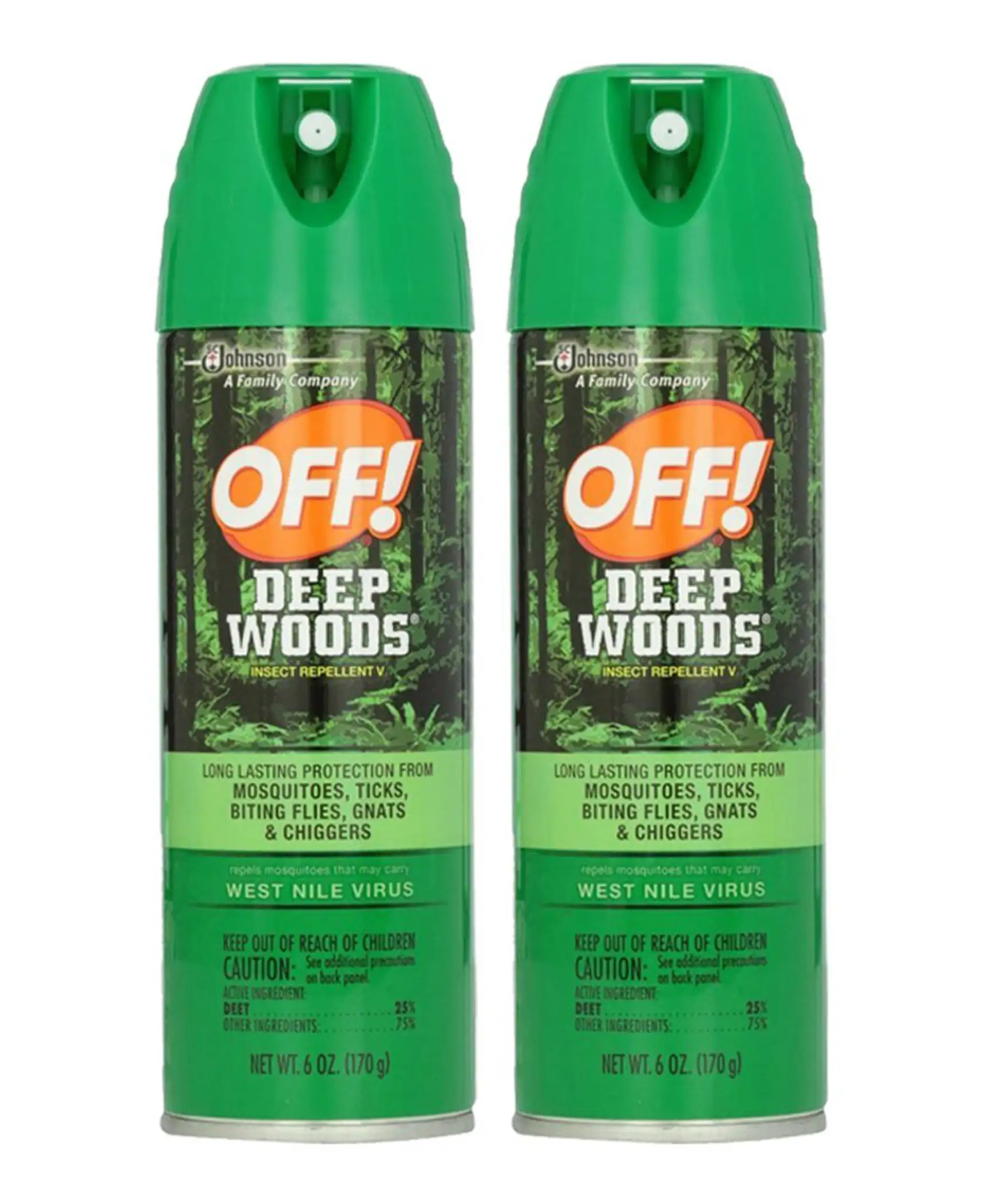While the coronavirus and the Zika virus have grabbed the majority of news headlines over the past few years, there are other threats to traveler health that shouldn’t be forgotten—particularly mosquito-borne diseases. The World Health Organization (WHO) calls mosquitoes “one of the deadliest animals in the world” due to their ability to spread disease—more than 20 types of disease, to be exact.
Mosquito-borne diseases kill millions of people each year. If you’re planning to visit destinations in an affected tropical and sub-tropical region, you’ll need to know ways to prevent mosquito-borne illnesses, countries where you may be at risk, symptoms to watch for, and treatment options if you do get sick.
While some illnesses may put a damper on your vacation with flu-like symptoms, other diseases carried by mosquitoes can be life-threatening. “Many people have an ‘it’s not going to happen to me’ attitude,” says Dr. Robert Ball, an infectious disease specialist affiliated with MUSC Health University Medical Center, based in Charleston, SC. “They don’t think twice about the diseases mosquitoes carry or the consequences of becoming sick from them. Preventative measures can be life-saving.”
How Are Mosquito-Borne Diseases Spread?
Only female mosquitoes bite humans, because they need blood to produce fertile eggs. While they are biting you and taking your blood, they are also injecting you with saliva. Proteins in their saliva cause an allergic reaction, leaving behind an itchy red welt and perhaps disease-causing pathogens, mainly viruses or parasites, to make you sick.
What Diseases Do Mosquitoes Carry?
All diseases are not created equal because mosquitoes are not created equal. There are more than 3,000 types worldwide with approximately 175 types found in the U.S. alone. Anopheles and Aedes aegypti mosquitoes are the top culprits behind mosquito-borne diseases. Here’s what you need to know about some of the most common illnesses.
Malaria
If you worry about just one mosquito-borne illness, then malaria should top your list. Dr. Ball notes that there are more than 200 million cases annually with one million deaths. It’s a serious disease caused by a parasite called Plasmodium that infects a mosquito, then is passed to humans through a bite.
Symptoms develop anywhere from 10 days to four weeks post-bite from an infected mosquito. They include fever and flu-like illness, muscle aches, shaking, chills, headache, fatigue, jaundice, and anemia. If untreated, malaria may result in kidney failure, coma, or even death.
Parasites may also hibernate in the liver for up to four years and can cause a recurrence. If you have symptoms or think you’ve been exposed to malaria, don’t wait to seek medical attention. Early intervention and treatment with antimalarial drugs are essential.
The good news? Malaria is preventable. While there is no vaccination (yet), you may be prescribed medication (like Malarone, a pill) to take before, during, and after your trip. The specific drug prescribed depends on your destination and when you are traveling. You are at risk in 89 countries, including large regions of Africa and South Asia, parts of Central and South America, the Caribbean (including Haiti), Southeast Asia, the Middle East, and Oceania. More than 30,000 international travelers annually are infected with malaria.
Yellow Fever
There’s a reason why it’s called “yellow” fever. In its most severe form, it may cause liver disease and jaundice, a yellowing of the skin. “It’s making a resurgence globally,” notes Dr. Ball. “Travelers should be aware of it.”
Yellow fever is a sneaky illness. You might not even have symptoms, or you might have mild ones and recover on your own. After symptoms appear (like sudden onset of fever, chills, a bad headache, nausea, and fatigue), the illness kicks in fully within three to six days. Watch for symptoms for at least a week after returning home from your travels. Exercise extra caution in tropical and sub-tropical areas of South America and Africa, where there are active outbreaks.
Yellow fever is also sneaky because some people might feel fine after having symptoms, then suddenly develop a severe form of the disease that has a 30 to 60 percent mortality rate. You’ll feel awful if infected: high fever, jaundice, bleeding, and potential organ failure.
While there’s no cure for yellow fever, it is preventable. Go to a travel clinic at least 10 days before your trip for a yellow fever vaccine. Once you get it, you will receive a yellow card—the International Certificate of Vaccination or Prophylaxis—which is proof you’ve been inoculated. Some countries require it to allow you to visit or even to connect through for your next flight. Find entry requirements by country here.
If you suspect you’ve been exposed, see your healthcare provider. Yellow fever can be diagnosed based on lab tests, travel history, and symptoms.
Dengue
Blame the Aedes species of mosquito for this disease. Dengue is found in more than 100 countries worldwide, putting more than 40 percent of the world’s population at risk, according to the Centers for Disease Control and Prevention (CDC). Each year, 400 million people are infected and become sick, while 22,000 will die due to severe dengue, which may require a hospital stay and turn lethal in just a few hours.
Dengue symptoms might be mild and can be easily mistaken for other illnesses that also cause rashes, nausea, fever, aches, and pains (including pain behind the eye). These typically last two to five days, and most people recover in a week. There’s no treatment for dengue, so prevention is your best bet. The first rule is to avoid getting bitten by mosquitoes. Be diligent in popular tourist areas in the Caribbean (including Puerto Rico), Central and South America, Southeast Asia, and the Pacific Islands—the areas where dengue is most common.
Chikungunya
This virus has similar symptoms as some other mosquito-borne diseases—a full gamut of flu-like symptoms that will appear three to seven days after being bitten by an infected mosquito. The same type of mosquitoes that spread dengue can infect you with chikungunya.
This illness has been found mainly in Africa, Asia, and the Indian and Pacific Ocean regions. In late 2013, outbreaks occurred in the Americas on several Caribbean islands. (Visit the CDC site for current affected areas.)
It’s not usually fatal in travelers who are in reasonably good health, but it is a threat to older adults and those with other serious health conditions. Most people will recover in a week, but some may suffer from joint pain for months afterward. If you’ve been to an area where chikungunya is found and have those telltale flu-like symptoms, see your physician. Blood tests will confirm the diagnosis.
While there’s no treatment for chikungunya, you’ll bounce back after bed rest, hydration, and over-the-counter meds for pain and fever, like acetaminophen. Consult your healthcare provider for more information. There’s nothing you can take before your trip to prevent the illness. Again, protecting yourself from being bitten is the best strategy.
For mosquito-borne illnesses, you’re more likely to be infected in rural areas. In major cities and at tourist resorts, the risk is less. Many hotels and resorts regularly spray for mosquitoes.
Before You Go
Find current information through the CDC or WHO on whether there’s mosquito-borne illness in the destination where you’re headed. Visit a travel clinic to get the appropriate vaccinations or medications well in advance of your trip. Some drugs must be taken before you leave home.
How to Protect Yourself from Mosquito Bites
No, it’s not your imagination. Mosquitoes really do prefer some people more than others. “They have incredibly sophisticated olfactory systems,” explains Douglas Paton, research fellow at the department of immunology and infectious diseases, Harvard University School of Public Health. “They assess you based on factors like the smell of your skin, your breath, and the bacteria on your feet.” You can make you less attractive to mosquitoes by avoiding perfume and other scented products.
Other ways to avoid mosquito bites include the following:
Use insect repellent: “It disguises your own smell with something else less appealing to mosquitoes,” explains Paton. Pick formulations with at least 20 percent DEET, like Off Deep Woods Insect Repellent. If you’re trying to avoid liquids in your carry-on bag, try towelettes like those from Off. Always apply sunscreen first, repellent second. Check the EPA’s post on finding the right repellent.
Wear light colors: This is especially important at dawn and dusk—prime feeding time for mosquitoes. Cover up with lightweight, long-sleeve tops and pants. You can also pack clothing pre-treated with permethrin, a proven insect repellent.
Keep your hotel room breezy and cool: An overhead fan makes it difficult for mosquitoes to land on you. They aren’t keen on the cold either. They prefer warmth and humidity. On the go, try a clip-on fan you can put on clothing.
Avoid being around standing water, even in your hotel room: A vase filled with water and flowers can turn into a mosquito breeding ground after just five days.
While there are many mosquito-repelling gadgets around, forget them, suggests Dr. Ball. You’re better off in investing in the tried and true. He says you’re better off spending $10 on a good repellent to avoid expensive medical bills if you fall ill. “An ounce of prevention is really worth a pound of cure,” he says.
More from SmarterTravel:
- 15 Tiny Travel Products to Help You Stay Healthy on Vacation
- 5 Weird Diseases You Can Catch While Traveling
- The Ultimate Checklist for Traveling Abroad
Michele Sponagle is a prolific lifestyle journalist who has visited more than 70 countries. Her work has appeared in major media outlets, such as Good Housekeeping, ELLE, Washington Post, iExplore.com, Paste Magazine, SheKnows.com, The Globe and Mail, Huffington Post, and others
We hand-pick everything we recommend and select items through testing and reviews. Some products are sent to us free of charge with no incentive to offer a favorable review. We offer our unbiased opinions and do not accept compensation to review products. All items are in stock and prices are accurate at the time of publication. If you buy something through our links, we may earn a commission.
Related
Top Fares From
Today's Top Travel Deals
Brought to you by ShermansTravel
Shop and Save with Country Inns...
Patricia Magaña
 Hotel & Lodging Deals
Hotel & Lodging Deals
$229 -- Chicago: Discounted Rates and...
Francesca Miele
 Hotel & Lodging Deals
$229+
Hotel & Lodging Deals
$229+
$188 -- Honolulu: Save on Oceanview...
Abigail Lamay
 Hotel & Lodging Deals
$188+
Hotel & Lodging Deals
$188+
